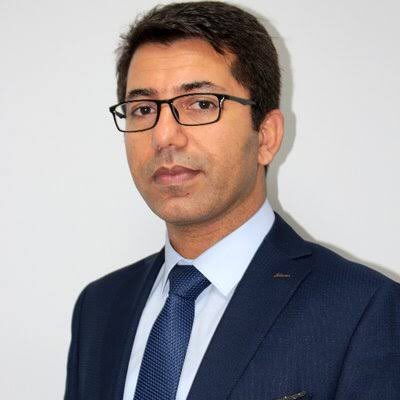
Farhad Rezaei has Ph.D. in Defense and Strategic Studies. He is a member of the Association for the Study of the Middle East and Africa (ASMEA) at Washington DC, USA, and the co-author of Iran, Israel, and the United States: The Politics of Counter-Proliferation Intelligence, Rowman & Littlefield, NY. His writings have appeared in Harvard-Iran Matters, Atlantic Council, the National Interest, Middle East Policy, Journal of International Affairs among others.

Farhad Rezaei has Ph.D. in Defense and Strategic Studies. He is a member of the Association for the Study of the Middle East and Africa (ASMEA) at Washington DC, USA, and the co-author of Iran, Israel, and the United States: The Politics of Counter-Proliferation Intelligence, Rowman & Littlefield, NY. His writings have appeared in Harvard-Iran Matters, Atlantic Council, the National Interest, Middle East Policy, Journal of International Affairs among others.
© 2025 The Geopolitics. All rights reserved.

